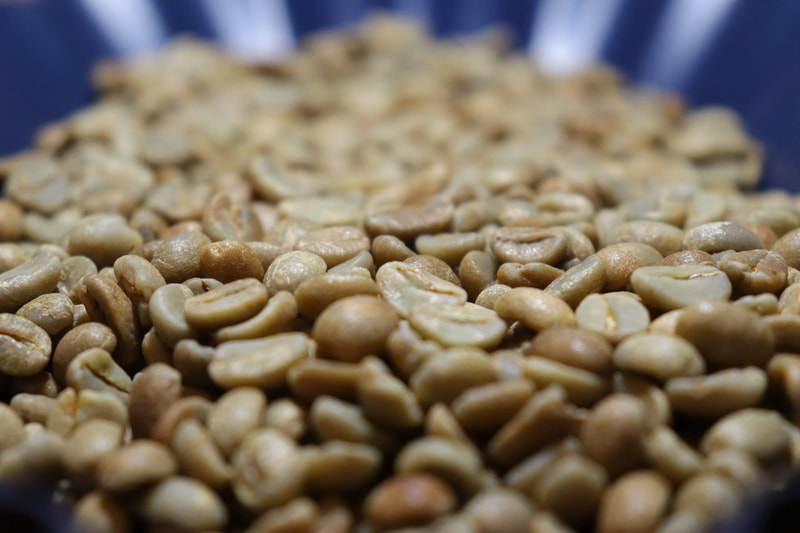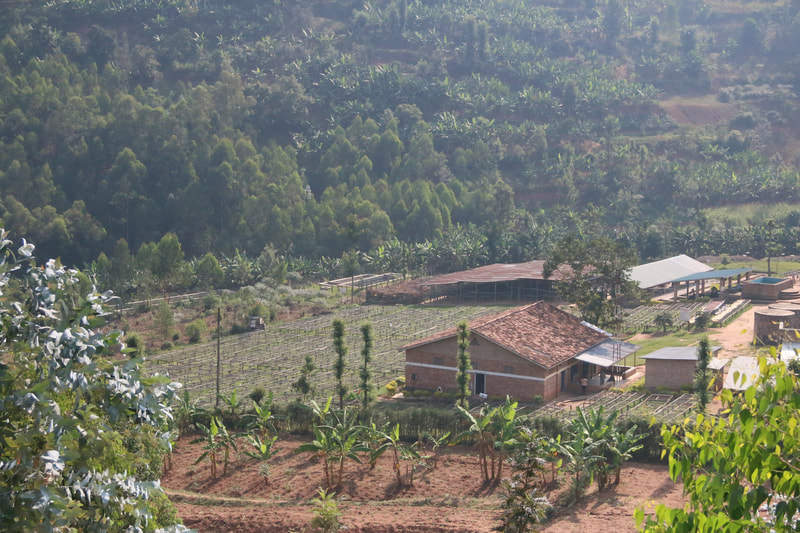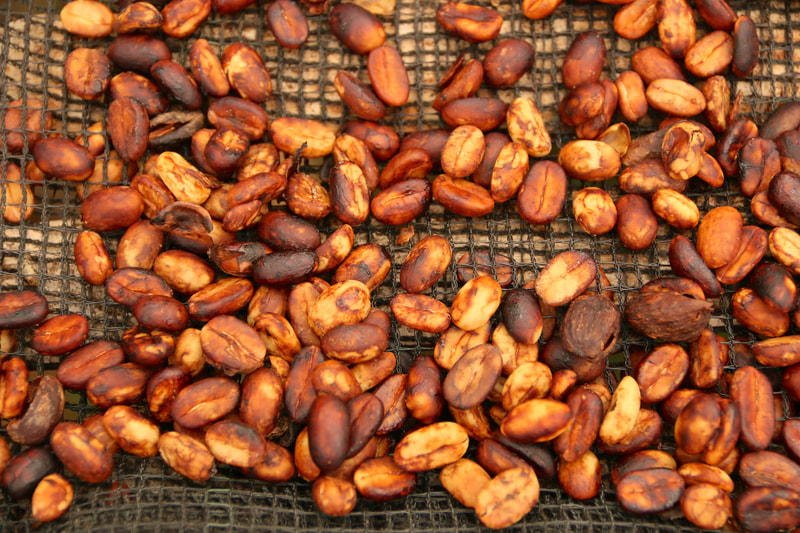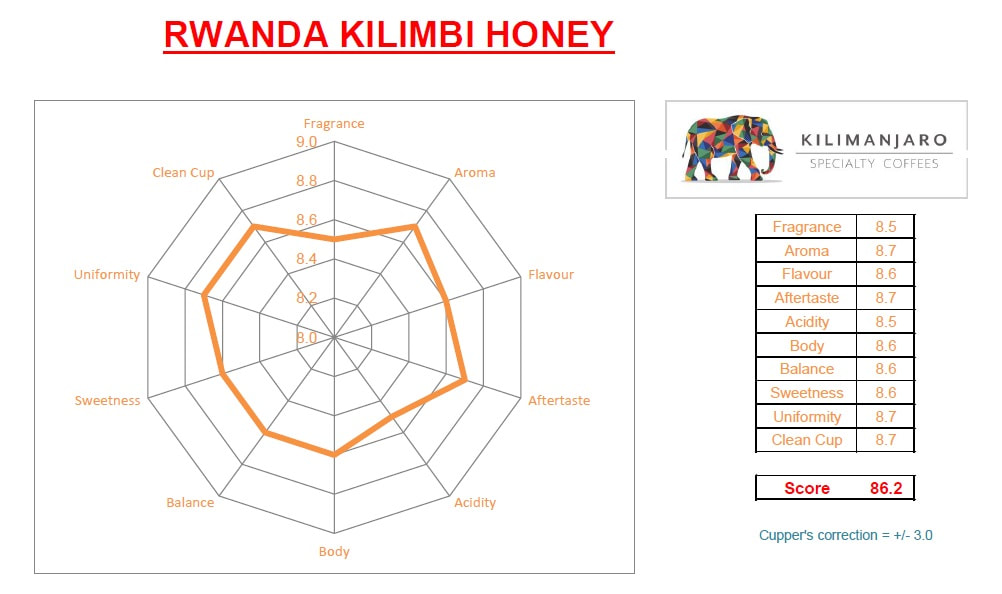RWANDA KILIMBI HONEY
General Information
|
Origin: Rwanda
Region: Western Province District: Nyamasheke Washing Station: Kilimbi Farmers: 750 active members Cultivar: 100% Red Bourbon Altitude: 1650 - 1850 masl Process: Honey Harvest: April - June 2020 USD per Kg of Cherry: 0.33 USD/Kg Screen | Moisture | Density: 15+ | 10.2% | 0.7 g/ml Packaging: 60 Kg + GrainPro Score: 86+ Notes: Raspberry, caramel, whiskey, pear Ikawa profile: Natural Basic 3 |
|
HAND SORTING THE POTATO DEFECT
KILIMBI cws LOCATION
|
WHERE WE ARE
Barcelona, Spain Santiago, Chile Budapest, Hungary |





